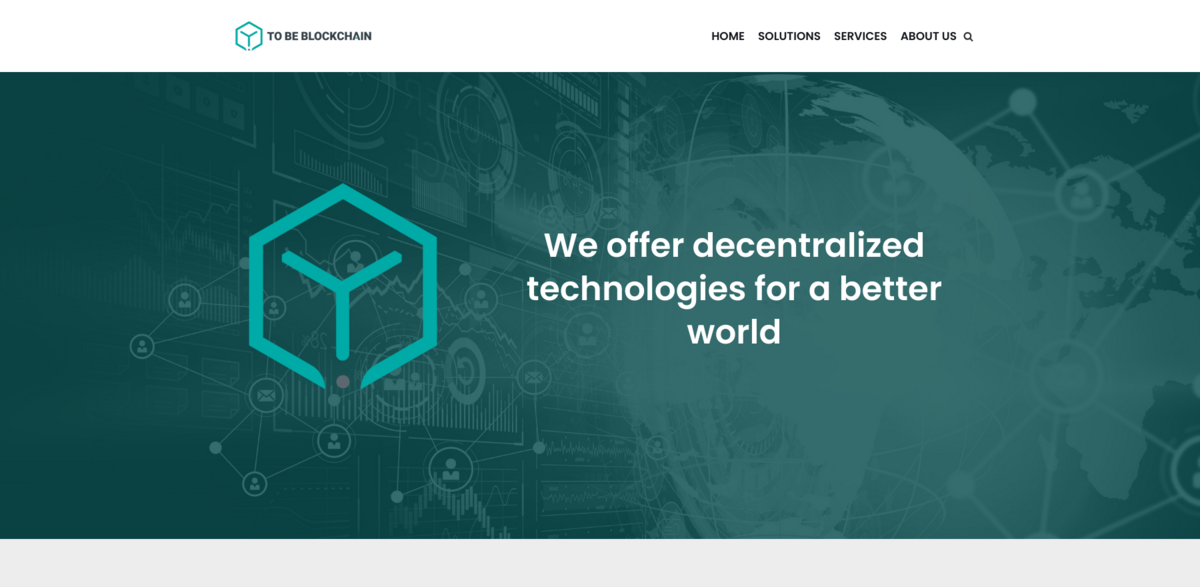Decentralized Technologies for a Better World
Imagine a world where information systems are not just secure but decentralized, empowering individuals and organizations alike. That’s exactly what this project offers—cutting-edge blockchain technologies designed to build both public and private information systems with a twist: they’re decentralized. Whether it’s vertical or horizontal solutions, the focus is on creating a better, more transparent world through technology that’s built to last.
Main Benefits of Blockchain Solutions
So, what’s in it for organizations and communities? Plenty. Here are some key highlights:
- Secure and decentralized public and private information systems
- Support throughout the entire lifecycle of blockchain projects
- Innovative vertical solutions tailored for sectors like government, finance, health, and nonprofits
- Horizontal solutions that integrate with platforms like Salesforce and European Blockchain Services Infrastructure (EBSI)
- Access to both first and second layer public blockchains, plus decentralized protocols and applications
Vertical Solutions Tailored to Specific Sectors
Different sectors have different needs, and this project gets that. For governments and local authorities, it offers tools like local currencies, electronic voting, and self-sovereign identity platforms. Financial institutions can tap into CBDCs, DeFi services, programmable money, and asset tokenization. The health sector benefits from mobile contact tracing and vaccine passports, while nonprofits get community currencies and transparent donation systems. Other companies can explore corporate currencies, new digital marketplaces, and even diploma certification. It’s all about fitting blockchain to real-world challenges.
Horizontal Solutions That Connect and Empower
Beyond sector-specific tools, there are horizontal solutions that bring blockchain into existing ecosystems. For example, Salesforce Blockchain connects data, processes, and user interfaces to multiple blockchains, enabling new decentralized business models like data marketplaces. The European Blockchain Services Infrastructure (EBSI) offers node setup, training, and pilot implementations for use cases such as self-sovereign identity and trusted data sharing. Plus, there’s support for open and public blockchains, from Bitcoin and Ethereum to second-layer solutions like Lightning and RSK.
Comprehensive Services Across the Blockchain Lifecycle
Launching a blockchain project isn’t just about technology—it’s about guidance and support every step of the way. This project provides assistance throughout the entire lifecycle of blockchain initiatives, ensuring organizations can navigate complexities, implement solutions effectively, and achieve their goals. From initial concept to deployment and beyond, the focus is on making blockchain accessible and impactful.
Impact on Sustainable Development Goals (SDGs)
- SDG 1: No Poverty – through financial inclusion and community currencies
- SDG 3: Good Health and Well-being – via health data marketplaces and vaccine passports
- SDG 9: Industry, Innovation, and Infrastructure – by fostering decentralized technologies and new business models
- SDG 11: Sustainable Cities and Communities – with local currencies and trusted data sharing for local authorities
- SDG 16: Peace, Justice, and Strong Institutions – through transparent voting systems and decentralized governance
- SDG 17: Partnerships for the Goals – by enabling cross-sector collaboration on blockchain platforms
Building a Future with Blockchain
At its core, this project believes blockchain isn’t just a technology—it’s a movement toward a better world. By combining secure, decentralized systems with practical solutions across sectors, it’s paving the way for innovation that’s inclusive and trustworthy. Whether it’s creating new forms of public funding, enabling programmable money, or supporting decentralized autonomous organizations, the possibilities are vast. And the best part? It’s all designed to empower people and organizations to take control of their data and decisions. The future’s decentralized, and it’s looking bright.


















